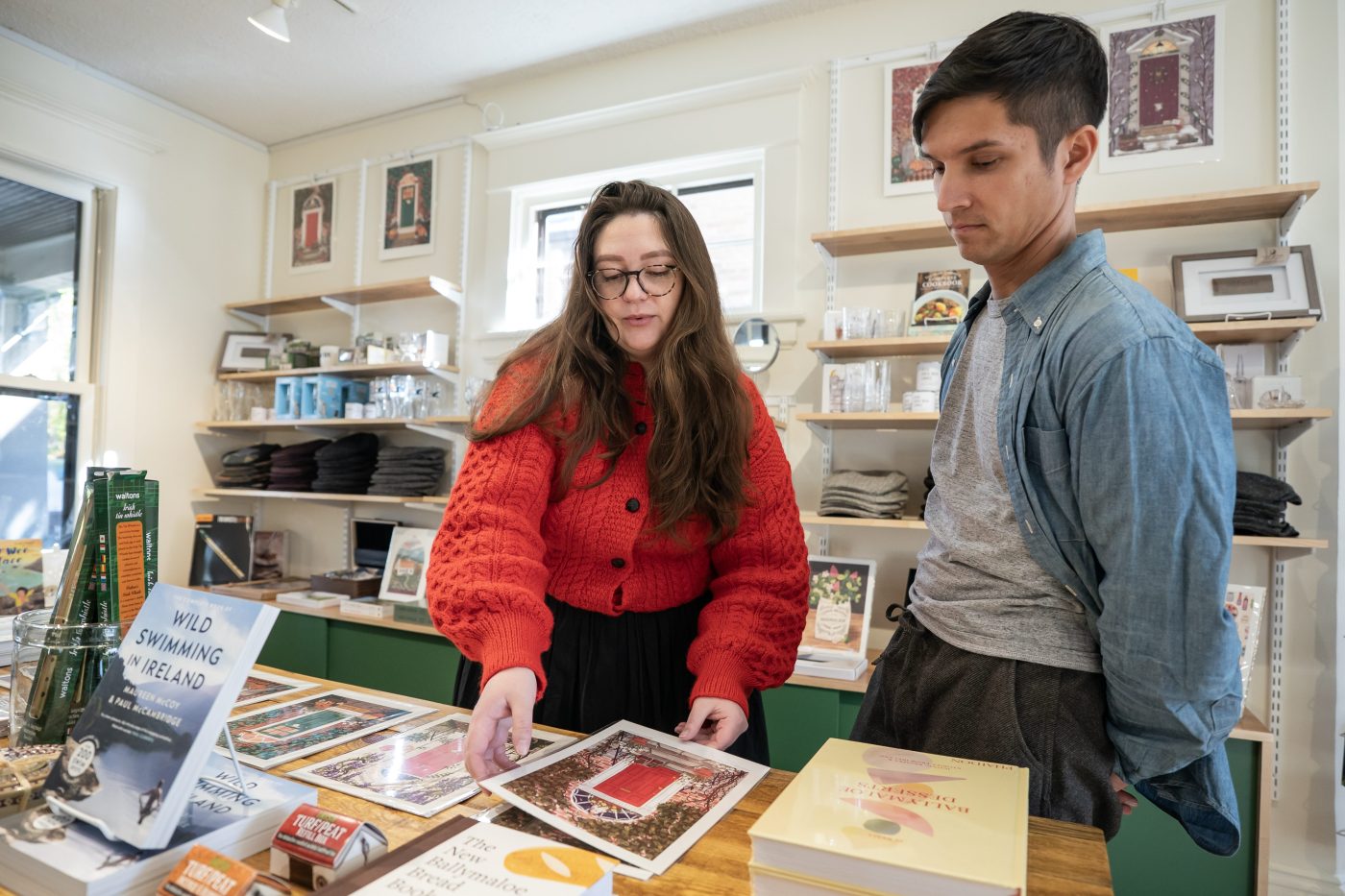South Asian storeowners and chefs are making significant adjustments as rising import prices impose challenges ahead of the Diwali festival season. With tariffs reaching as high as 50%, many businesses are striving to keep their products affordable for customers.
At the New India Bazaar on Polk Street, Hari Bhatt, 28, manages the cash register of his family-run store, which has served the community for over 30 years. He observes customers grappling with tough choices, such as whether to buy a low glycemic-index Basmati rice for a diabetic family member or a traditional Bengali dessert for the children. The recent surge in import prices has made it difficult for many families to afford both. The situation has been exacerbated by a prior 25% tariff on numerous goods imported from South Asian nations, including India.
Prices for essential items like spices, teas, sauces, and traditional snacks have risen notably, forcing store owners to weigh the options of absorbing increased costs or passing them onto consumers. “It’s always tough when somebody has to put something back on the shelf. But they also see the effort we have been making to meet them in the middle,” Bhatt stated. A small pack of Parle-G biscuits, typically priced at $0.35, now costs $0.50, marking a 43% increase.
With approximately 90% of their inventory reliant on Indian imports, New India Bazaar faces ongoing challenges. The Bhatt family has attempted to mitigate price hikes by back-stocking non-perishable goods, but seasonal items linked to Diwali, which falls on November 13, 2023, remain difficult to manage. Diwali, a major five-day celebration symbolizing prosperity and the triumph of good over evil, represents a critical time for sales.
The prices for popular festival items such as clay lamps have increased between 12% and 20% this year, depending on the retailer. To keep prices manageable, the Bhatts often share the burden of these tariffs with customers, determining the exact amount to absorb on a case-by-case basis. Despite these challenges, Bhatt remains optimistic about sales during Diwali. “I think people will be a bit more aware of prices. But we Indians are joyful people. We celebrate so much and so often,” he explained.
In the Mission district, Sajad Shiek and Avik Chattopadhyay operate Indian Spices and Groceries, where they source most of their inventory locally. The price of certain goods has also climbed; a pack of four popular items that cost $4.99 is now priced at $5.99, reflecting a 20% increase.
Meanwhile, Manisha Gurung, owner of Manisha Fashion Collection near Chinatown, faces increased shipping costs for traditional Indian attire. Originally from Nepal, her clothing boutique has been forced to raise prices by 5% due to an additional $50 shipping fee per box from India. “When I tell customers it’s because of tariffs, they understand. And they buy anyway because where else will they get traditional Indian clothes in the city?” she noted.
In the Upper Haight, Sonu Bhamu, owner of Jalebi Street, a restaurant offering Indian street food, plans to absorb increased costs until trade negotiations between India and the United States yield results. The U.S. remains India’s largest foreign market, and with Indian goods exports plummeting by 20% in September, Bhamu is more concerned about the availability of key ingredients than about price increases.
Chef Pujan Sarkar of TIYA, a Michelin-recognized restaurant, emphasizes the need for creativity in these challenging times. One of his canapes, which traditionally incorporates a specific fruit, is no longer available for import. Consequently, he has adapted his dish using locally available ingredients while striving to retain its Indian essence.
Similarly, Chef Srijith Gopinathan of Copra, who manages multiple restaurants, adapts his menu to avoid high-tariff ingredients. Despite the increased cost of importing King Mackerel from India, which has seen an 18% price hike, he continues to offer it, reasoning that customers willing to order this delicacy are likely able to bear the additional cost.
As the festival season approaches, South Asian businesses face trials that reflect broader economic pressures. The resilience and adaptability of these storeowners and chefs highlight the importance of cultural connection, especially during festive times. Despite the financial strains, many remain committed to serving their communities, ensuring that the spirit of Diwali shines through.







